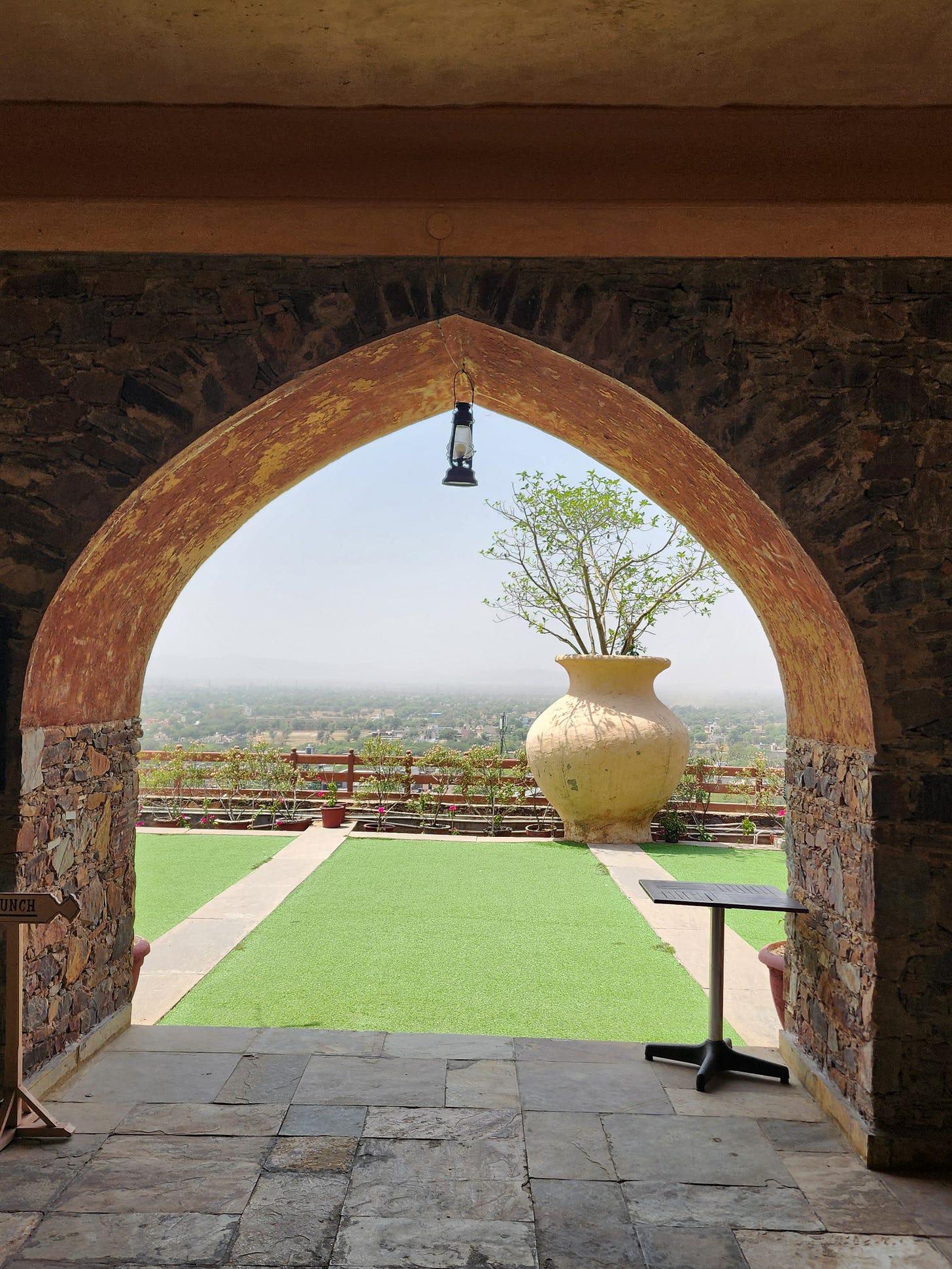When Setting Boundaries Triggers Others
Sama Life Letters #2: How to Honor Your Needs While Addressing What Feels Threatened in Them

This important question emerged from our Sama Life Circles: "When people criticize me when I'm setting boundaries with them - how do I handle that mindfully?"
Setting boundaries is essential for our wellbeing, yet it can feel impossibly hard when someone we care about gets upset. Today, I invite you to explore this tender territory with both compassion and curiosity, drawing from the wisdom shared in our circle discussion.
Understanding the Trigger
When someone reacts strongly to our boundaries, it's rarely about the boundary itself. Most often, their reaction stems from feeling threatened in one of three core areas:
Belonging: "Am I still important to you? Are we still connected?"
Competence: "Does this mean I've failed somehow? Am I not good enough?"
Goodness: "Am I being judged? Am I a bad person?"
Once we understand what's beneath their reaction, we can address their concerns while still honoring our needs.
The Practice
When possible - especially as you're learning to set boundaries - prepare before the conversation. Take time to return to yourself and clarify your intentions for both yourself and the other person in this relationship. This preparation builds the habit of "return-listen-begin" so deeply that eventually, even in the midst of difficult conversations, you can access this centered place.
When you notice resistance to your boundaries (whether in preparation or in the moment), pause. Return to your present moment experience.
Check in with yourself:
What needs to be protected in this situation?
What boundaries do I need right now?
What is my intention for this relationship?
Then, with genuine curiosity, imagine their perspective:
What might feel threatened for them?
Which of their core needs might feel at risk?
Once we can truly acknowledge our own needs AND sense others' fears, we can approach the situation with more care and less emotional reactivity. This makes it more likely our message will be received in a non-threatening way.
If they still try to manipulate you or become passive-aggressive, give them time to process their reaction and step away. If over time you sense they're not supporting your needs, check in with yourself: What's the next step you can take that's compassionate to both you and them? Sometimes that means taking care of yourself first and whatever that may look like for you.
Real-Life Examples
From People-Pleasing to Authentic Connection
For years, I was caught in cycles of burnout because saying "no" felt impossible. Self-compassion practice helped me first acknowledge my own needs - that was the initial clarity. The real challenge came in expressing those boundaries.
Earlier, I'd either cave in completely or my resentment would leak out passive-aggressively. But once I understood both my needs AND what might threaten others, everything shifted. Now I can speak authentically while sensing if a friend feels threatened, and address their underlying concerns directly.
A Story of Boundaries Without Judgment
A member of our circle shared how they decided to stop drinking for health reasons, but their drinking buddies felt abandoned and judged. Recognizing their friends' discomfort, they openly shared their personal health concerns and even expressed how lucky their friends were to still enjoy drinks together. By addressing the fear of judgment while maintaining their boundary, they preserved the friendships that mattered.
The Heart of It
Boundaries show up everywhere in our lives:
Protecting time for meditation, self-care, or simply meeting ourselves in quiet
Carving out uninterrupted hours for deep, focused work
Preserving energy for fun and meaningful social connections
Honoring our choices around food and drink
When my son became vegetarian in school, he faced constant questioning about whether he could still play sports effectively. Young people face intense peer pressure around social drinking. Adults navigate judgment about their self-care practices or work boundaries.
In these moments, we often default to one of several unhelpful patterns: we get awkward and give in, become aggressive and defensive, or remove ourselves from relationships entirely. But there is a better way—one that honors both our needs and theirs.
When we react to others' reactions to our boundary-setting, we escalate situations and drift from our true intentions. But when we meet their upset with curiosity about what feels threatened, we can often address their fears while still caring for ourselves.
We cannot sustainably care for others if we don't first care for ourselves. Boundaries aren't walls—they're doorways that allow authentic connection to flourish.
Your Reflection
Next time someone resists your boundary, pause before reacting. Get curious:
What is your intention for this relationship?
What need of theirs might feel threatened?
How can you address their concern while maintaining your boundary?
Setting boundaries with awareness transforms potential conflict into deeper understanding. This is how we build relationships that honor everyone's humanity - including our own.
What has been your experience with boundary setting?
Join us for our next Sama Life Circle where we explore practical tools for navigating good times and bad times with clarity, courage, and grace.


